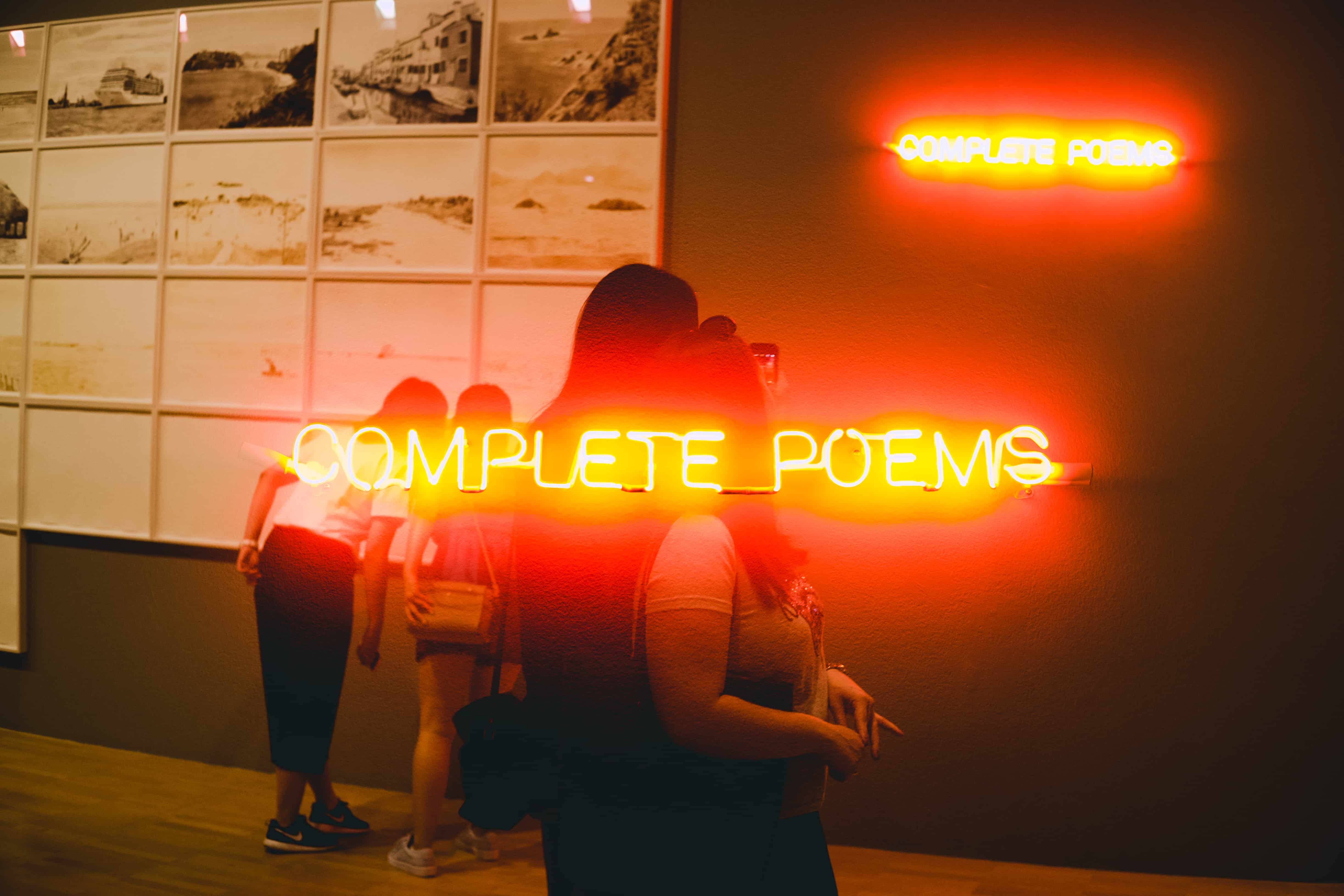Information rich, knowledge poor

It all started because of the questions.
There were so many questions to rumble with, and not very many answers. And where did I go, during this search for answers? Naturally, I fell back upon old habits. I tried to seek out sage wisdom that would provide me with some relief, through reading books.
But this process in itself is messy. The search for the right books is fraught with traps, and time is always in short supply. How would I know which books are the very best? Which ones should I trust? Where do I even start?
. . .
Let's take a step back and break it down to first principles.
What is a first principle behind the reading of books?
To read is to execute a specific course of action. In order to take action, first some source of energy or motivation is required.
Why bother to read.. anything? To receive information. The process of reading then serves as the medium for receiving information, just like listening or the sense of touch are mediums.
Inherently, reading on its own is amoral, not necessarily good or bad. The value of the material depends on the perspectives of the individual receiving it.
And so, where do most people go when looking for information? When they are dealing with the most pressing of questions?
They go to Uncle Google first, of course. And what does Google provide?
Engineered information, that we oh-so-easily accept as trustworthy and true.
Why Google instead of turning to a friend or a trusted confidant?
- It's private, anonymous and quick.
- There are some things we cannot even begin to articulate to another person, but feel more comfortable blabbering to the internet.
It's not necessarily the case that the top ranked, first few bits of information presented is bad or untrustworthy, but instead the sin lies in the approach. It's in the preconditioned assumptions where the true danger lies. The internet is God. It must have the answers and wisdom I seek.
More often than not, I personally catch myself being more open and willing to listen to complete strangers on the internet than to the people who might best understand me.
. . .
In this continuing search for answers to my questions, I have leaned more and more towards time-tested books and more and more away from the internet.
The core guiding assumption being that older books have a higher probability to have the sort of quality knowledge I am longing for.
Information that has already been in the ring with reality, survived the tests of time and capable of holding value all the way through until present day - such that its presence continues to be appreciated and talked about.
Understanding this, how can I reasonably put any weight in what anonymous user 'JohnDoe_' on some random blog says, despite of how good it might sound on first impression?
Through this journey, I have found that having access to the right books is kind of like having access to an extended family of the very best and vetted teachers, coaches, mentors, friends and companions.
Master storytellers, expert physicists, artisans of deception. It's like having the ability to start a conversation with the very best people and ideas and stories in the world, of those already past and those who still exist today.
But like any sort of meaningful conversation, it goes two ways. There is a give and a take.
You can take away an idea that changes the trajectory of the rest of your life, but what you give is your time and attention. There is a commitment to reading books properly that internet culture discreetly disregards as a precondition to learning well.
'I only want quick fixes, to my slow and encroaching problems.'
'I only want small, concise answers to my big, overwhelming dilemmas.'
'I want everything, in exchange for nothing.'
In today's world, it seems to me that it is becoming increasingly important and valuable to cultivate skill and experience in being more aware of the information you expose yourself to, and consequently, the questions you ask, the thoughts and ideas that float in and out of your mind.
Are they truly yours?
Or planted in there by external agents?
If you do not act as the gatekeeper, who else will?
“ You must make technology serve you, instead of you serving it. If you aren't careful, technology will start dictating your aims and enslaving you to its agenda. So you have no choice but to really get to know yourself better. Know who you are and what you really want from life... Once the corporations and governments know you better than you know yourself, they could control and manipulate you and you won't even realise it. ”
- Yuval Noah Harari